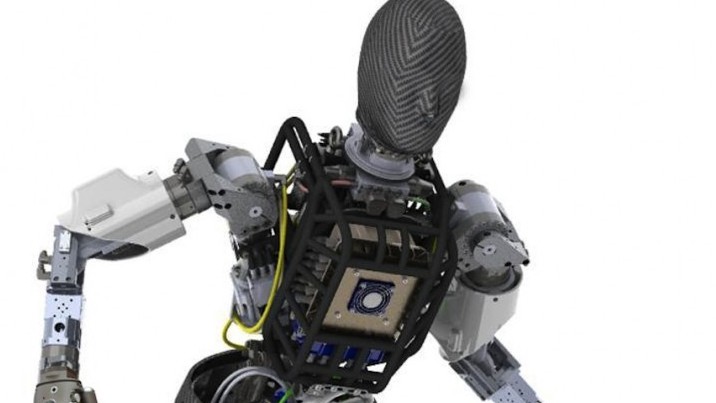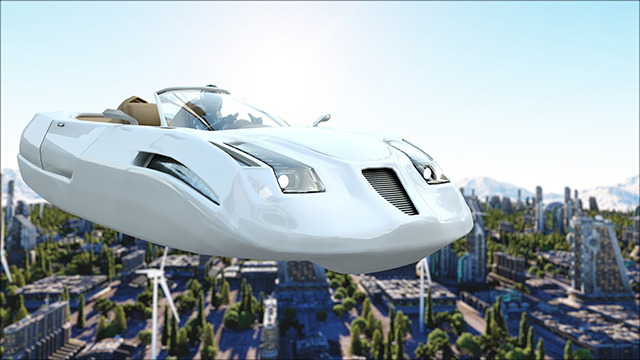
Advertisement
Advancements in technology have surpassed our wildest dreams over the past several decades. What many people once considered to be science fiction is now reality, and similarly, what we think is impossible today will become possible tomorrow. We have devices that can talk to us and tell us virtually anything we need to know, cars that can drive themselves, and robots taking over jobs that once belonged to humans. For the most part, humans haven’t had any trouble coexisting with all of this technology; we have become one with it. But what happens if technology continues to advance, and human beings one day become the inferior race? What if we transition from living in harmony with the machines to competing with them? (RELATED: See what a study says about robots potentially replacing federal jobs)
Elon Musk, the founder of Tesla and SpaceX, said recently that humans must become cyborgs and establish a direct connection with machines if they want to avoid becoming obsolete. Musk’s warning was made at the World Government Summit in the UAE earlier this month. According to CNBC, Musk explained that overtime, he believes “we will probably see a closer merger of biological intelligence and digital intelligence.”
The Tesla Founder’s argument is centered on the idea that while humans have limited processing power, technology, machines and robots have virtually unlimited potential. Computers can examine, process and transfer massive amounts of information at a time, something that human beings are not biologically capable to doing. As an example, Musk brought up the topic of autonomous vehicles, which are currently replacing human drivers by the thousands. “There are many people whose jobs are to drive,” Musk said. “In fact, I think it may be the single biggest employer of people… we need to figure out new roles for what those people do, but it will be very disruptive and very quick.”

While artificial intelligence is becoming more and more advanced, it still is nowhere near the limit. Obviously, human beings can still do a lot more than their robotic counterparts, which at this point in time are limited to one or two tasks – flipping burgers, picking up heavy objects, using a marker to spell out words, etc. But still, AI is continuing to branch out into artificial general intelligence (AGI), which allows machines to do virtually anything that human beings can do. Going by Musk’s argument, that is the point at which humans would have to adapt in order to survive.
As previously mentioned, technology is more often a friend than a foe. Humans have found incredible ways to combine mechanical capabilities with biological functions. The military, for instance, has been working on a highly advanced suit capable of stopping bullets in their track.
The Tactical Assault Light Operator Suit, or TALOS, would be used by Navy Seals or Special Forces to carry out special operations. It is made of a new technology called “liquid armor,” which transforms into solid protective gear within milliseconds when struck by an electric current or a magnetic field. This allows our soldiers to move around in the suits with ease, without the burden of being slowed down by heavy armor plates or weighted vests.
In addition to its bullet-deflecting capabilities, the TALOS suit will also be linked to the wearer’s skin, allowing it to transmit vital signs in great detail. It will also be able to give the wearer increased strength, making it so that they can jump higher, run faster and pick up heavy objects, all of which are extremely advantageous functions out on the battlefield.
We have a long way to go before technology starts to make human beings obsolete. For now, we should just enjoy living in harmony with the machines, and keep striving to make a better tomorrow.
Follow more news on robotics at Robotics.news.
Sources:
Submit a correction >>
This article may contain statements that reflect the opinion of the author
Advertisement
Advertisements















